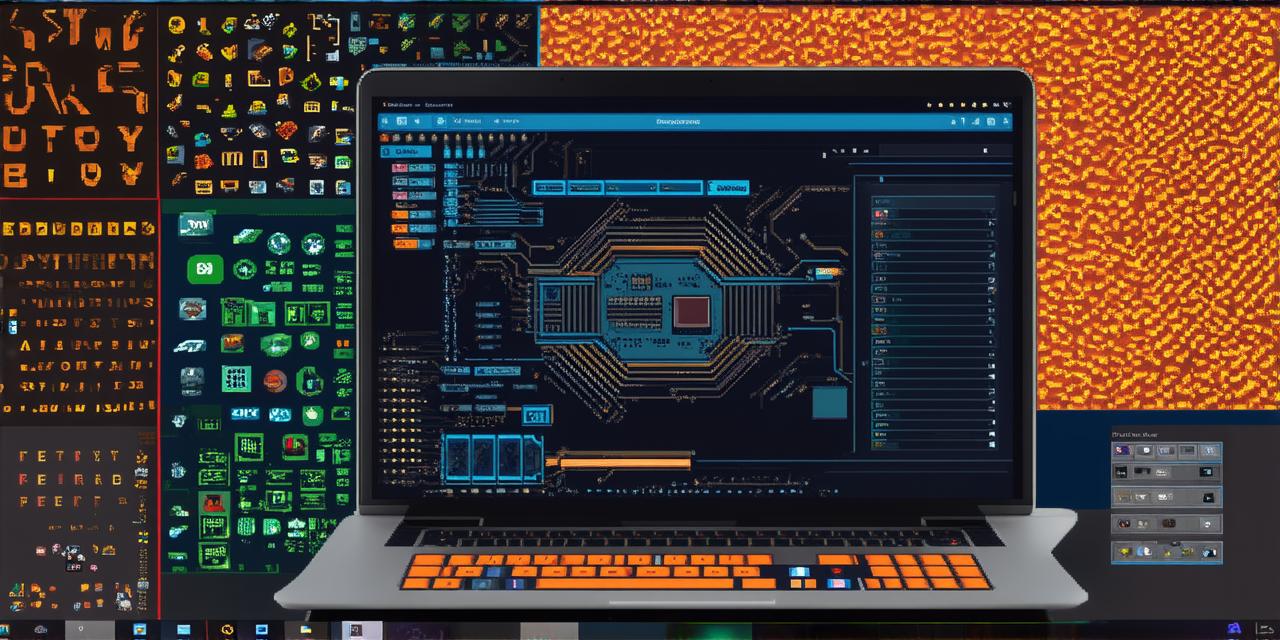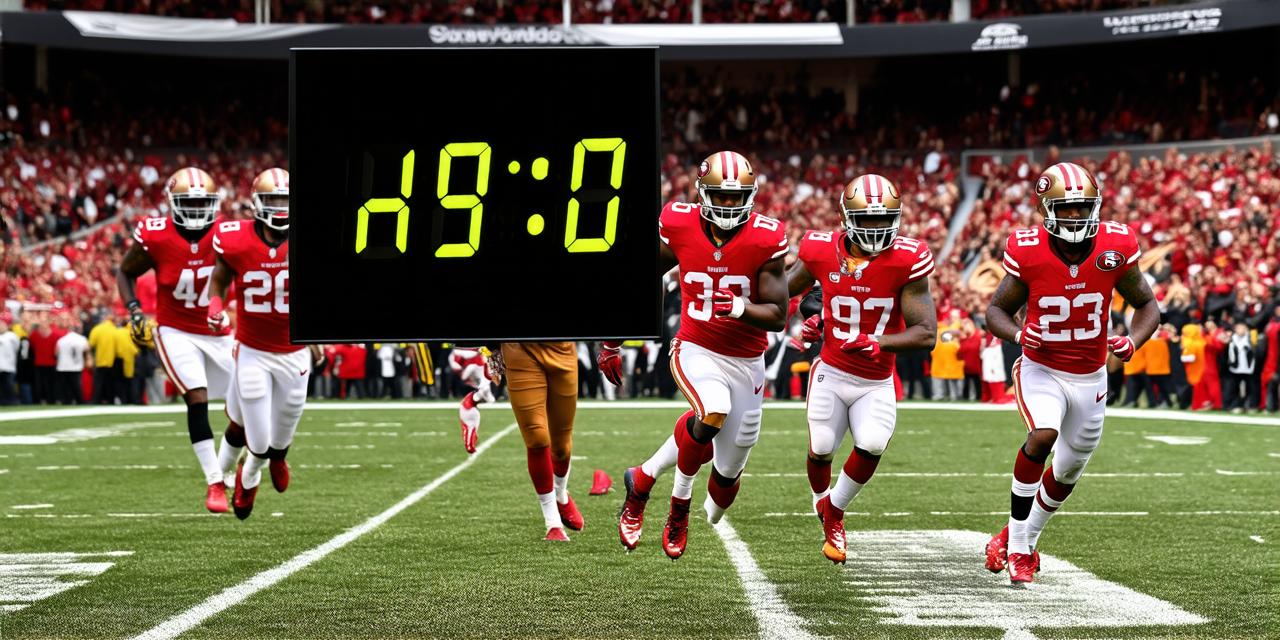1. Define Your Project’s Requirements
Before you start looking for team members, it’s important to have a clear understanding of what you need. This includes defining the scope of your project, identifying its key features and functionalities, and determining which roles are essential.

For example, if you’re developing a 2D platformer game, you may need a game designer, a programmer, an artist, and a sound designer. On the other hand, if you’re working on a VR game, you may require a game designer, a programmer with VR experience, a 3D modeler, and a sound designer.
2. Identify Your Ideal Team Member
Once you have a clear understanding of what your project requires, it’s time to start looking for team members. When identifying potential candidates, consider the following factors:
* Skills and experience: Look for individuals with relevant skills and experience in their field. For example, if you need a programmer, look for someone who has experience with the programming language(s) you plan to use.
* Portfolio: Review their portfolio to get a sense of their work style and quality. This can also give you an idea of their creativity and problem-solving abilities.
* Communication skills: Good communication is essential in any team. Look for individuals who are good listeners, able to explain complex concepts clearly and concisely, and able to collaborate effectively with others.
* Attention to detail: Game development requires a high level of attention to detail. Look for candidates who have a strong eye for detail and can catch mistakes that others may miss.
3. Build a Strong Team Culture
Building a strong team culture is essential for the success of any indie game development project. A positive team dynamic can help to foster creativity, improve communication, and increase productivity. To build a strong team culture, consider the following:
* Clear communication: Establish open lines of communication between team members and encourage them to share their ideas and feedback freely.
* Shared goals: Ensure that all team members understand the project’s goals and are working towards the same objectives.
* Recognition and appreciation: Show your team members that you appreciate their hard work and contributions. This can be done through verbal praise, public recognition, or incentives such as bonuses or extra time off.
4. Manage Expectations and Set Clear Goals
Effective management is essential in any team. To manage expectations and set clear goals, consider the following:
* Establish a project timeline: Develop a detailed project timeline that outlines key milestones, deadlines, and deliverables. This can help to keep everyone on track and ensure that the project stays on schedule.
* Define roles and responsibilities: Clearly define each team member’s role and responsibilities. This can help to avoid confusion and ensure that everyone is working towards the same objectives.
* Provide regular feedback: Provide regular feedback to your team members, both positive and negative. This can help to identify areas for improvement and keep everyone motivated.
5. Be Flexible and Adaptable
Indie game development projects often require flexibility and adaptability. Be prepared to make changes as needed and be willing to pivot if something isn’t working. To be flexible and adaptable, consider the following:
* Be open to new ideas: Encourage your team members to share their ideas and be open to new approaches and solutions.
* Have a backup plan: Develop a backup plan in case things don’t go as planned. This can include having multiple versions of key assets or developing alternative features if needed.
* Stay nimble: Be prepared to make changes quickly and efficiently when necessary. This can help you stay ahead of the competition and keep your project on track.
6. Build Relationships with Other Teams and Freelancers
Building relationships with other teams and freelancers can be beneficial in many ways. For example, you may need to outsource certain tasks or collaborate with other



